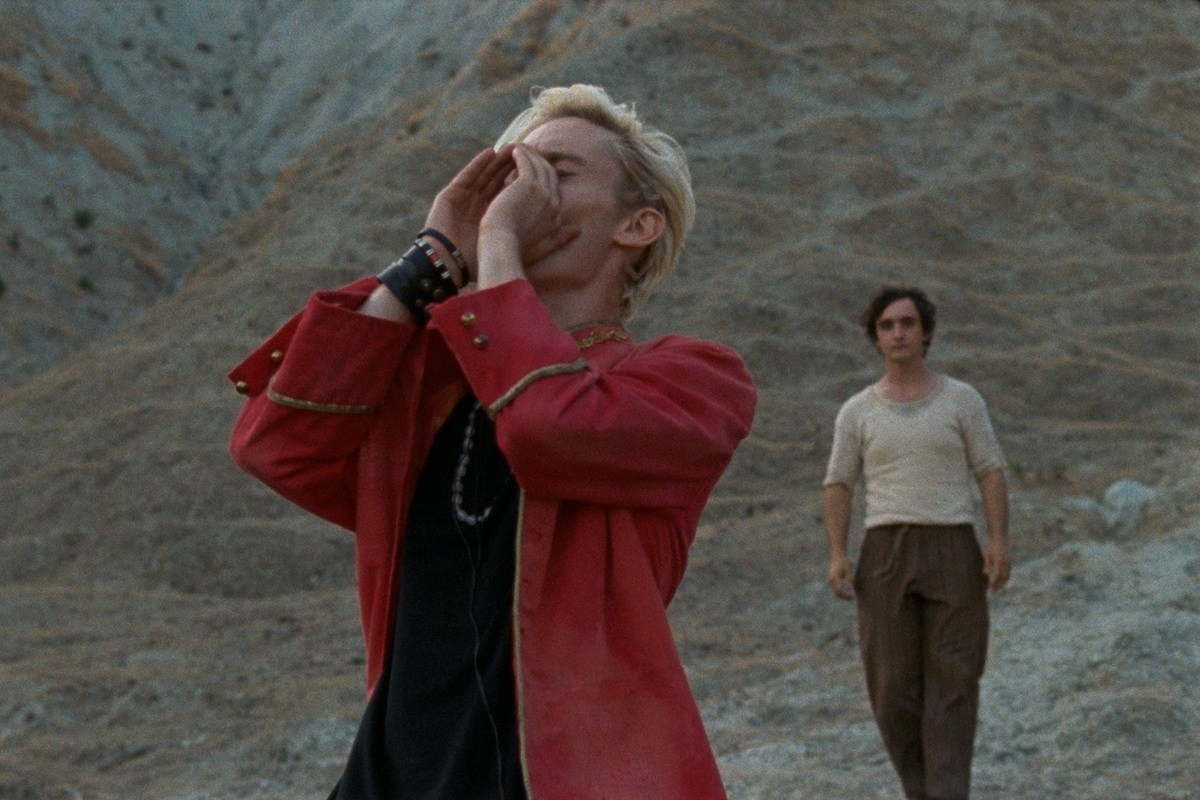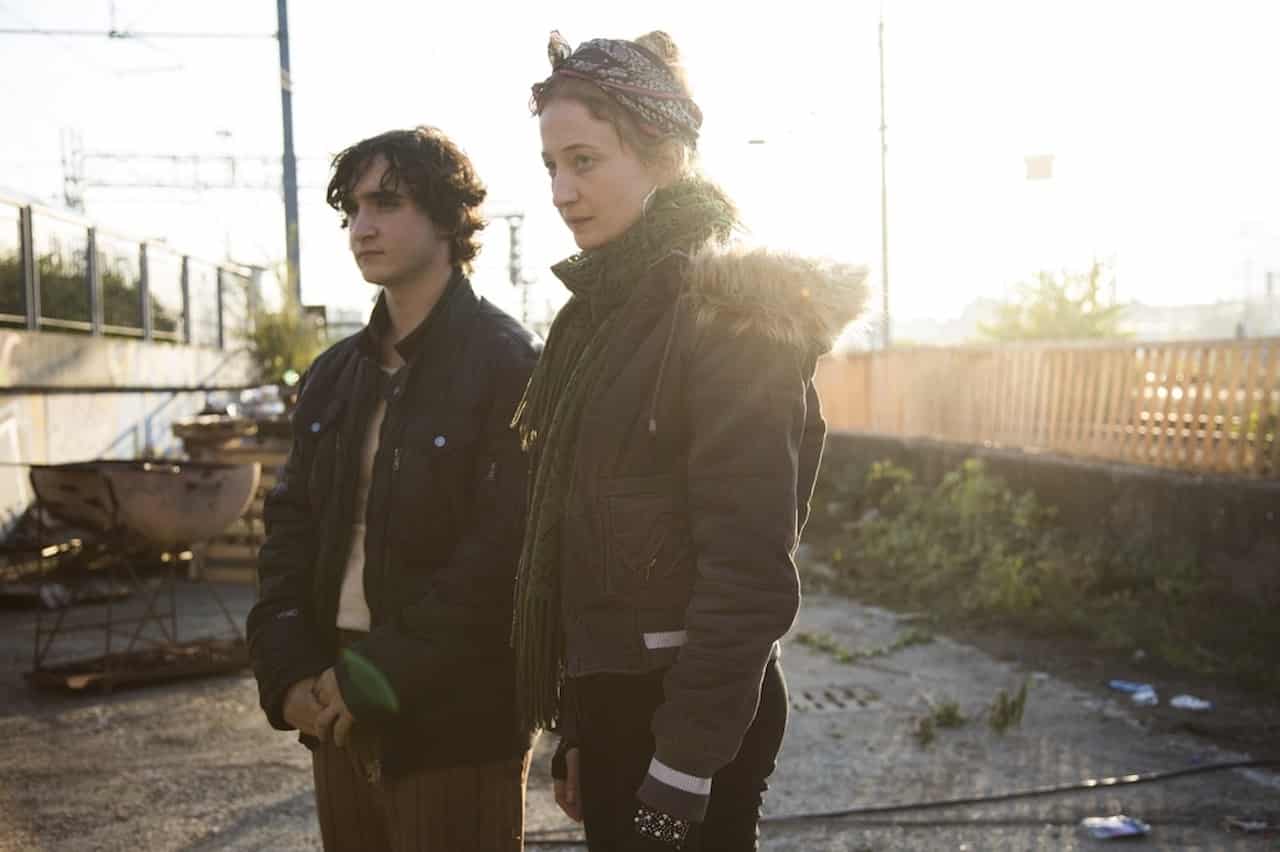Having been a huge hit on the festival circuit last year, with its Best Screenplay triumph at Cannes it’s most noteworthy recognition, at long last Alice Rohrwacher’s mesmerising drama Happy As Lazzaro is available to be seen by anybody and everybody, and believe us, in this instance you really wanna be either.
Set in the pastoral village of Inviolata, it’s an idyllic, rural place infected by the greed and tyranny of Marchesa Alfonsina De Luna (Nicoletta Braschi), aka ‘the queen of cigarettes’. Like any power-hungry monarch, she relies on peasants beneath her, getting their hands dirty as her pockets get bigger. Unpaid and unappreciated, the diligent family that work tirelessly for the Marchesa contains the blissful and dutiful youngster Lazzaro, played superbly by newcomer Adriano Tardiolo, who is so kind and generous, he’s often mistaken for being simple-minded. He soon sparks up an unlikely friendship with the eccentric nobleman Tancredi (Luka Chikovani), which pushes both young men out of their comfort zone.

Following on from Corpo Celeste and The Wonders, this third outing marks the most accomplished to date for Rohrwacher, as a timeless fairytale that could be mistaken for a 19th century period piece, and yet brief additions of modern technology are on hand to remind us it’s not. Rohrwacher cleverly structures her feature so that it slowly becomes more searingly affecting, and equally as surrealistic as we progress towards the latter stages, ensuring we’re well onside before the film explores its more supernaturalistic elements, bringing magic to Rohrwacher’s neorealism, helped along, of course, by the sumptuous aesthetic, almost otherworldly in its depiction.
The way the filmmaker so intelligently injects influences from classic Italian masters of cinema, while maintaining her own unique stamp on proceedings is incredibly well done. Lazzaro, who heads to the big city, is almost representative of the film’s place in the cannon of Italian neorealist cinema; for he is an emblem of an old way of life, full up of classic, traditionalist elements, and yet finds himself in a new world, having to adapt and survive in a new surrounding, which, the film more than achieves.

But such influences here are subtle, and affectionate too. And yet while so timeless, it manages to be incredibly timely, taking a striking look into the class system, providing a profound social commentary. Even just Tancredi, who doesn’t seem to go anywhere without his pet dog under his arm, treats Lazzaro, albeit with warmth, like another of his pets, somebody he can just pick up under his arm and place down wherever he sees fit.
But above all, the film feels pertinent for it’s celebrating innate goodness. At a time when everybody has an opinion on everything, even if condensed into 140 characters, it’s nice to just peer into the life, and through the eyes of a blissful protagonist. So many of the characters that inhabit this world Rohrwacher has created are miserable and cynical, and yet here is Lazzaro, exploited by those around him for sure, but he’s happy. Not because he’s of low intelligence, or simple-minded, but because he is pure, and for that reason it’s impossible not to love both him, and the film he’s been placed within.







Leave a Comment